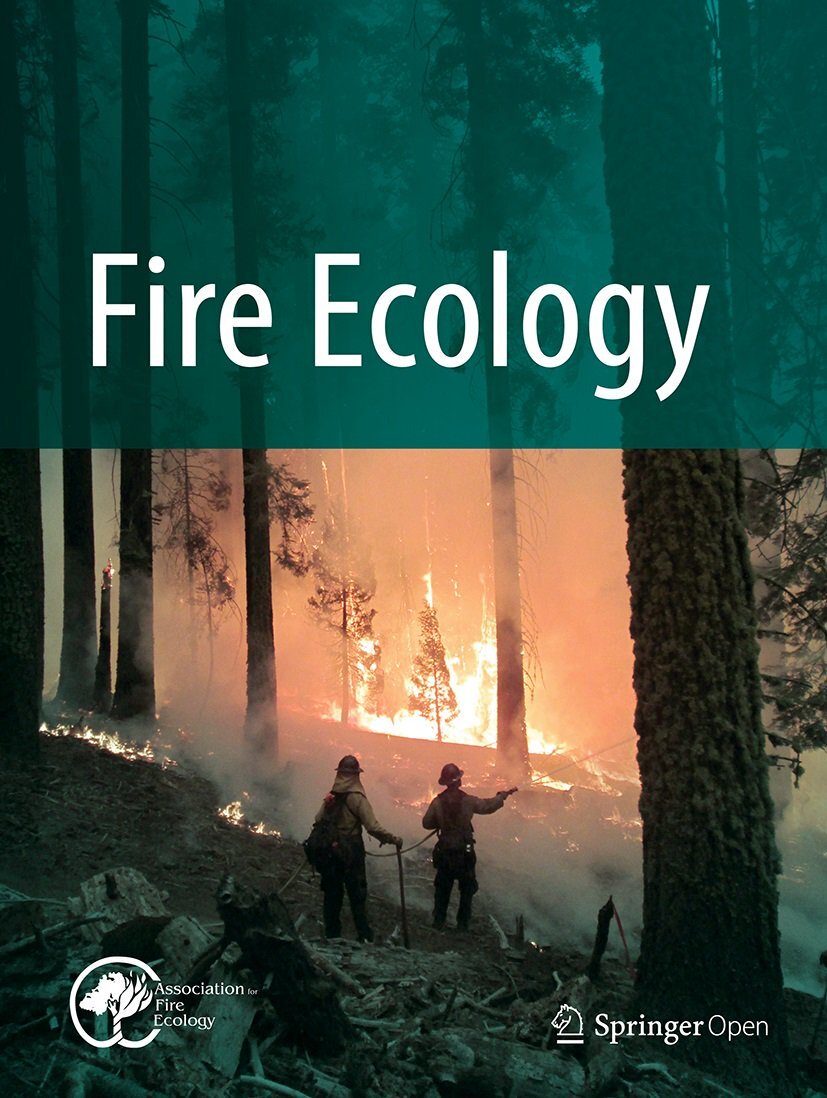April 17th at 2:00pm PST
Abstract: Wildfires are a major driver of biodiversity patterns globally. In many ecosystems of North America, fires are becoming increasingly frequent and/or severe due to a combination of past land management practices and climate change. These shifts are likely to impact plant and animal populations and communities in complex and perhaps surprising ways. Further, managing pyric landscapes for biodiversity amidst these changing dynamics is challenged by the variable response of flora and fauna to fire. Using recent research from the western United States, this seminar will illustrate some of the variable ways biodiversity responds to fire in forested systems as well as explore general hypotheses that may help set management targets for biodiversity conservation in light of shifting fire regimes.
Bio: Zack Steel is a Research Ecologist with the Forest Service Rocky Mountain Research Station based in Fort Collins, CO. Prior to joining the Forest Service, Zack received his PhD from the UC Davis Graduate Group of Ecology and did a postdoc at UC Berkeley. Zack’s research focuses on the consequences of global change (especially changing disturbance patterns) for biodiversity and ecosystem resilience, with an emphasis on fire in western forests. His research team is leading a number of ongoing projects include assessments of the impacts of fire, drought, and fuels reduction treatments on multiple taxonomic groups such as forest birds and bats.



